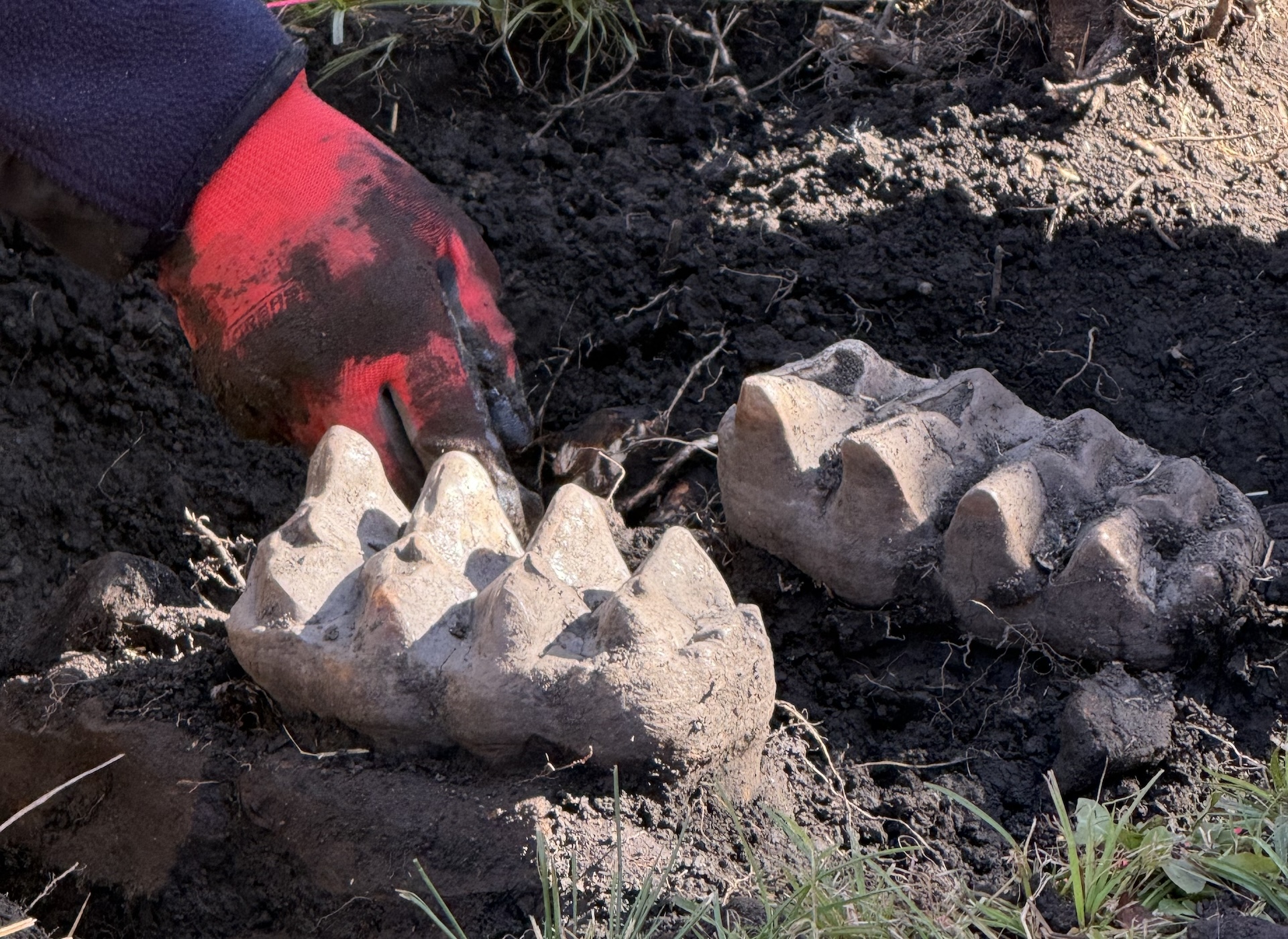
A recent study followed the progress and treatment side effects over a 10-year period for around 2,500 men diagnosed with prostate cancer between 2011 and 2012. Photo by Adobe Stock/HealthDay News
For men newly diagnosed with prostate cancer and dealing with numerous treatment options, a study may offer valuable assistance. The study analyzed 10-year outcomes and treatment side effects for approximately 2,500 men first diagnosed with prostate cancer in 2011 and 2012.
Dr. Bashir Al Hussein Al Awamlh, a fellow in urologic oncology at Vanderbilt University Medical Center in Nashville, Tenn., and the lead author of the study, emphasized that, unlike previous research, this study focused on contemporary treatment options. The study cohort was diverse, consisting of about 1,800 White patients, 350 Black patients, and 184 Hispanic patients.
Patients were categorized into two groups based on the severity of their disease and prognosis, which influenced the treatment options provided. Patients with a “favorable” prognosis were offered four treatment choices: active surveillance, nerve-sparing prostatectomy, external beam radiation therapy (EBRT), and low-dose-rate brachytherapy. Those with an “unfavorable” prognosis received more aggressive treatments such as prostatectomy and EBRT plus androgen-deprivation therapy (ADT).
The study revealed that men with a “favorable” prognosis who chose radical prostate removal experienced worse sexual function three to five years post-procedure compared to those opting for other treatments. Additionally, urinary issues were more prevalent in this group, with a quarter of men experiencing “leakage” up to 10 years after the procedure.
For men in the “unfavorable” group, no significant differences in sexual function were observed between prostatectomy and EBRT/ADT. However, EBRT/ADT was associated with slightly worse outcomes for bowel and hormonal issues at 10 years.
The study, published in the Journal of the American Medical Association, underscores the importance of counseling men with unfavorable prognosis prostate cancer differently regarding their expected long-term functional outcomes, according to senior study author Dr. Daniel Barocas. The findings also highlight the potential de-emphasis of adverse effects on sexual function in the decision-making process for some men, noted Barocas, who is the executive vice chair of urology at Vanderbilt.
Barocas further suggested that, for many men with a favorable cancer prognosis, “active surveillance” may be the most suitable option, avoiding adverse effects associated with other treatment alternatives.
More information
Find out more about treatments for prostate cancer at the American Cancer Society.
Copyright © 2024 HealthDay. All rights reserved.














